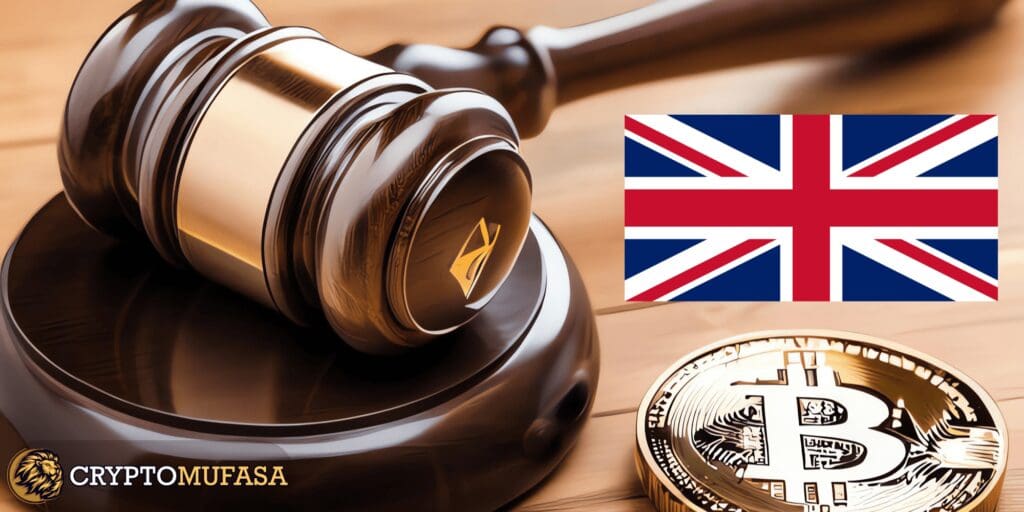In a major legal shift, the UK High Court ruled: Tether (USDT) It is property under English law. The judgment, delivered by Chief Justice Richard Farnhill on September 12, is the first to formally address the status of cryptocurrencies after a full trial. It represents a significant moment in the way the courts treat digital assets.
The fraud victim lost the stolen cryptocurrencies, including Tether, on several exchanges. The judge ruled that Tether is considered property. This ruling means that Tether can be tracked and recovered just like a physical asset. This ruling sets an important precedent for future cryptocurrency theft cases.
Tether’s Role in Cryptocurrency Fraud Case
The victim of this incident, Fabrizio D’Aloia, lost a large amount of cryptocurrency. His stolen funds were moved through exchanges using a cryptocurrency mixer. D’Aloia wanted to track and recover his assets. The court ruled that Tether is property and can be traced. This allows fraud victims to file legal action and recover their stolen funds, just like traditional assets.
This decision builds on a 2019 case that treated digital currencies as property. It is also consistent with a 2023 report from the Law Commission of England and Wales, which recommended that digital assets such as Tether should be afforded the same legal protection as physical property.

UK Government’s Cryptocurrency Bill Helps Bring Legal Clarity
The court’s decision comes shortly after the UK government introduced legislation clarifying the status of digital assets. The “Property (Digital Assets) Bill” aims to define cryptocurrencies, NFTs, and carbon credits as personal property. The bill will protect cryptocurrency owners, including those who hold Tether, and create clearer rules for legal cases.
New legislation and court rulings have combined to strengthen the legal status of digital currencies. These developments are a major boost to the UK cryptocurrency market, providing greater investor protection.
Also read: UK legalizes cryptocurrencies as personal property in landmark law
Thai Exchange evades responsibility
The case also involved BitKub, a Thai cryptocurrency exchange. D’Aloia claimed that BitKub received some of the stolen Tether. However, the judge found no evidence. The cryptocurrency mixer made it impossible to trace the stolen funds back to the exchange. As a result, BitKub was not held liable.
Lessons for Blockchain Analysts and Legal Professionals
This case shows how difficult it is to track stolen cryptocurrencies. Mixers obscure the source of funds, making it difficult to trace transactions. Legal experts emphasize the importance of accurate blockchain analysis in court cases involving digital assets, including Tether.

